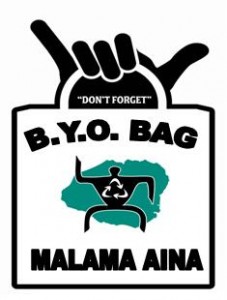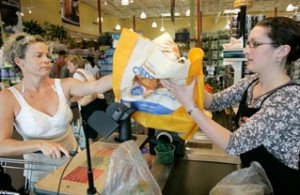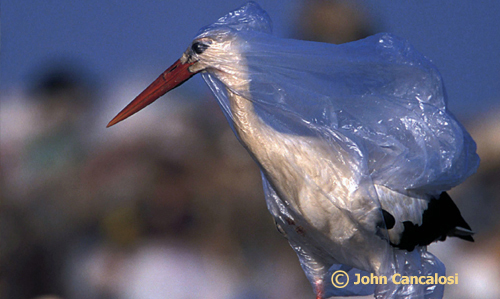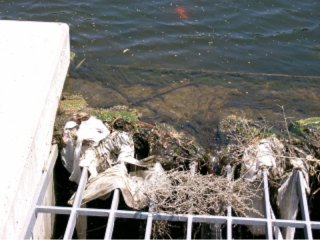 Bag It, a documentary produced and directed by Suzan Beraza, depicts Americans’ single-use consumption obsession of plastic bottles, plastic bags and to-go cups.
Bag It, a documentary produced and directed by Suzan Beraza, depicts Americans’ single-use consumption obsession of plastic bottles, plastic bags and to-go cups.
The film follows Telluride (Colorado) resident Jeb Berrier’s personal quest to learn more about the effects plastic consumption has on the environment and our health. It is an eye-opening glimpse into the usage of plastic and a wake-up call for how reckless its consumption is.
The ultimate question the movie raises: How does the brief usage of a disposable product that lasts forever make sense?


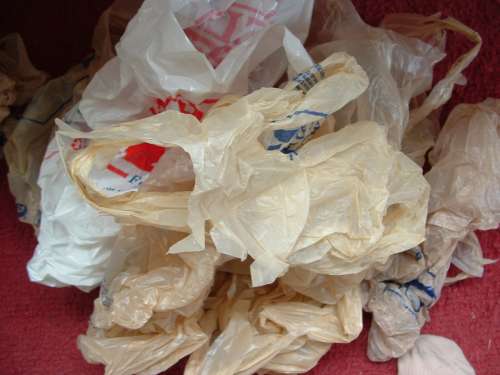
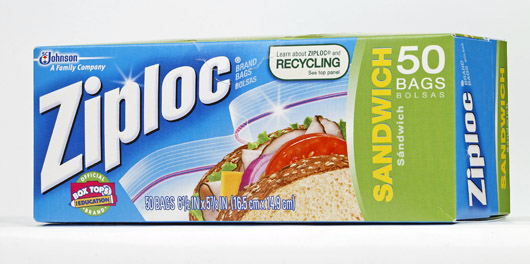
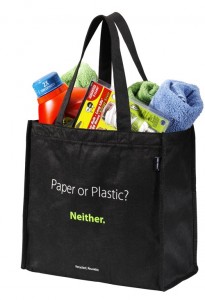 The Lantern, Ohio State University’s campus newspaper, reports that OSU Campus Dining Services joined the campus-wide effort to go green this fall by making the switch from plastic bags to reusable polyester bags. Prior to the start of the 2011-2012 school year, plastic bags alone were available at most campus dining locations for students to carry their meals home in.
The Lantern, Ohio State University’s campus newspaper, reports that OSU Campus Dining Services joined the campus-wide effort to go green this fall by making the switch from plastic bags to reusable polyester bags. Prior to the start of the 2011-2012 school year, plastic bags alone were available at most campus dining locations for students to carry their meals home in.
